Europe’s apology for colonial past, slave trade smacks of hypocrisy: Activist
The half-hearted apology tendered by European countries for their colonial past and historical role in the transatlantic slave trade smacks of hypocrisy, says a US-based human rights activist.
Tunde Osazua, an organizer with the Atlanta chapter of the Black Alliance for Peace, a people-centered human rights project against war, repression and imperialism, said it is hypocritical of Europe to apologize for its colonial past while they refuse to make any “material impact or change.”
“As long as there is a gap in wealth between the colonizing European countries and the colonized countries in the Global South and Africa, Asia and the Americas, these apologies, like what the Netherlands did recently will be acts of hypocrisy,” he told Press TV’s weekly show Africa Today.
In December, Dutch Prime Minister Mark Rutte offered a formal apology on behalf of his country for its historical role in the slave trade, saying slavery must be recognized in “the clearest terms” as a crime against humanity.
Osazua said imperialist countries' wealth actually belongs to third-world countries, calling on European colonialists to pay reparations.
“The wealth of imperialist countries is our wealth, Europe is literally the creation of the Third World. So, if we understand that colonialism built Europe's wealth, then total repayment would mean giving it up and changing these conditions that allow for racist ideologies,” he stressed.
This is while the Dutch government has ruled out paying reparations, but agreed to set up a €200m educational fund.
“It's not just apology, … [they] chalked up billions of hours that enslaved Africans worked on Dutch plantations and pay that at a living wage,” Osazua said.
“We should press on and push until we win those full, honest and courageous reparations that we deserve as colonized people.”
Osazua urged people of African descent to unite and create a transnational reparations movement to compel European powers to pay for their crimes.
“A powerful movement for reparations for centuries of slavery and colonialism needs to be built, it takes being in the streets with the people, developing real relationships, and building unity around you as well as a joint plan of action," he remarked.
The movement, he said, has to connect Africa and the diaspora to create a worldwide crusade for reparations for the African and black world as a whole.
"If we want these European powers to take us seriously [we have to] start with reparative justice [by] building a transnational reparations movement which is strong and has some leverage," he hastened to add.
Israel launches air strikes on Syria-Lebanon border crossing
Russia: Comprehensive deal with Iran will include defense, security ties
VIDEO | Israeli embassy shooting in Jordan leaves gunman dead, 3 police injured
VIDEO | Paris march in support of Palestine women
VIDEO | ICC issues arrest warrants for Israeli prime minister, ousted regime war minister
120 Palestinians perish as Israeli war machine keeps ravaging Gaza
VIDEO | Struggles of Palestinian women amidst war, displacement
VIDEO | Hezbollah rains attack drones down on elite Israeli brigade


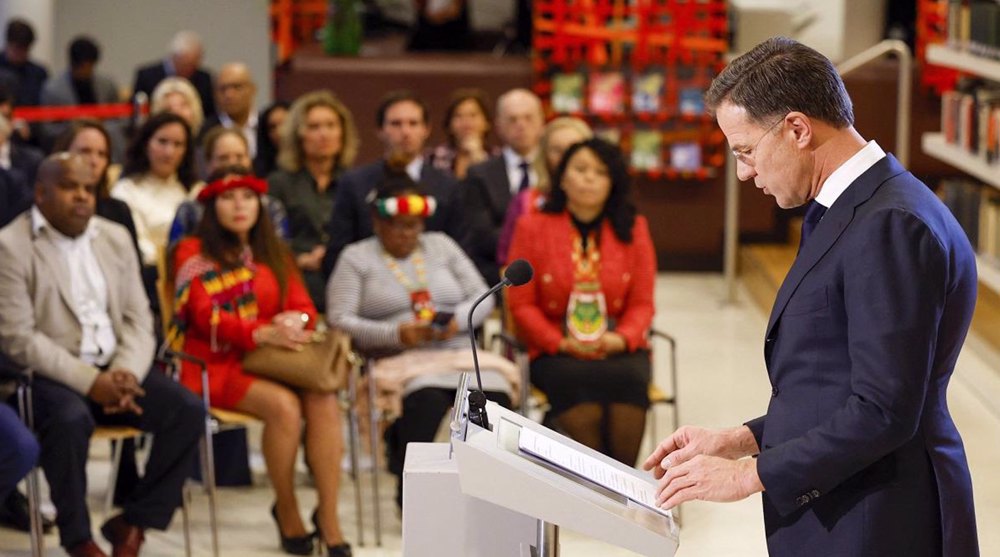
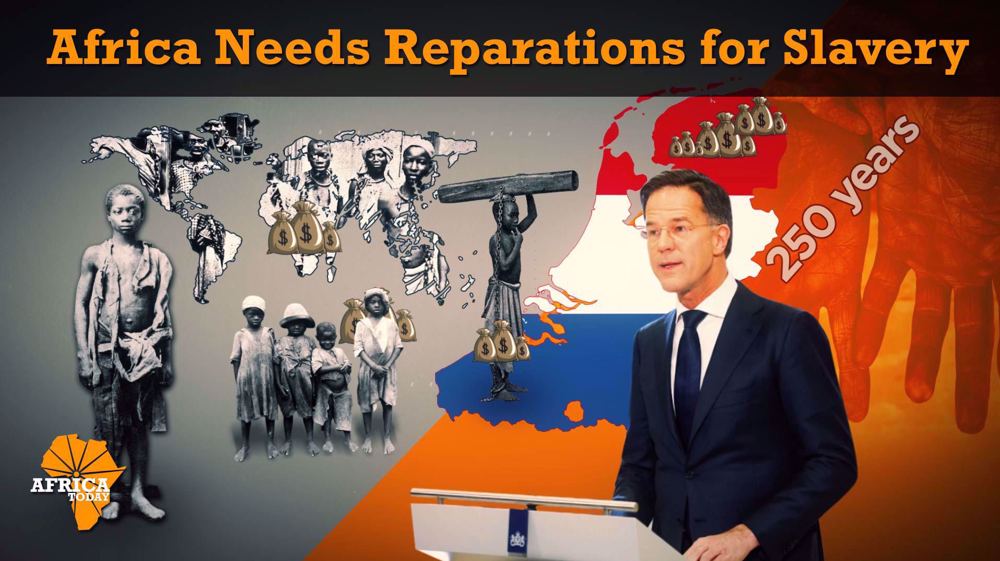
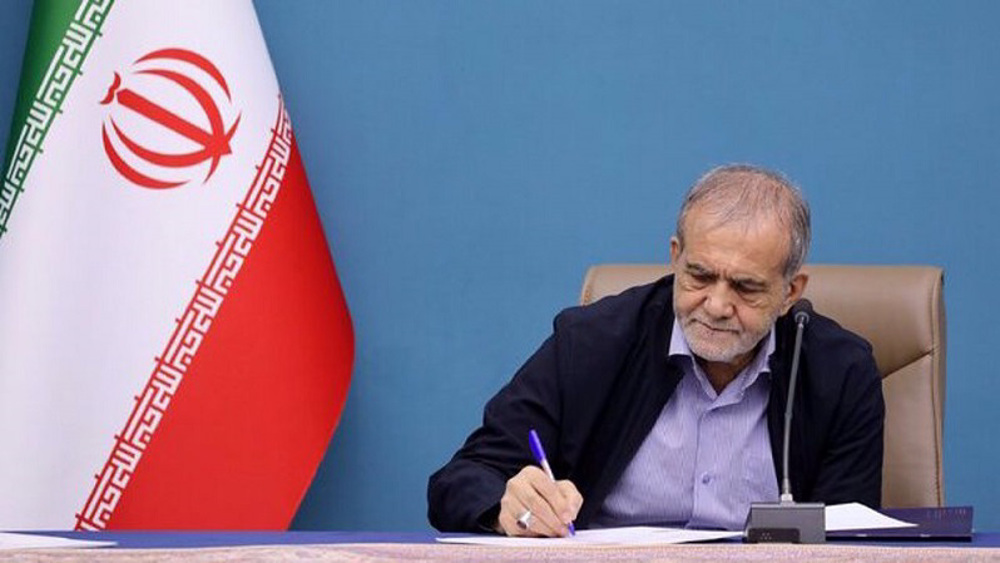
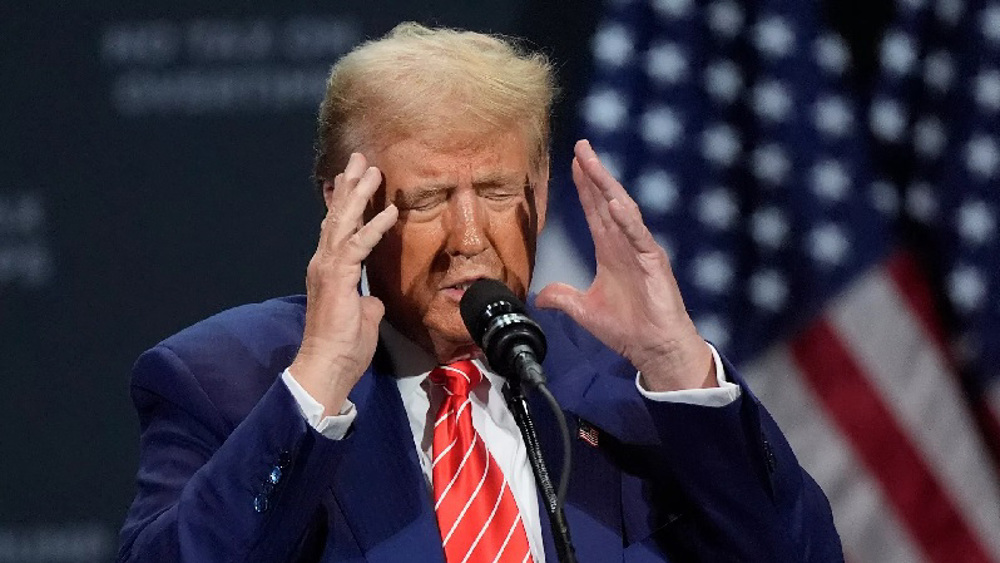
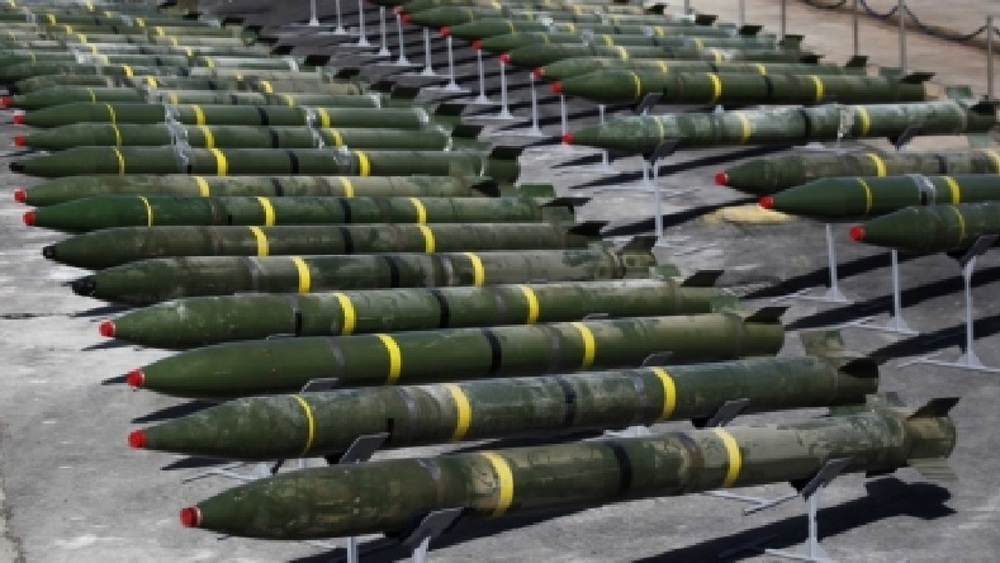



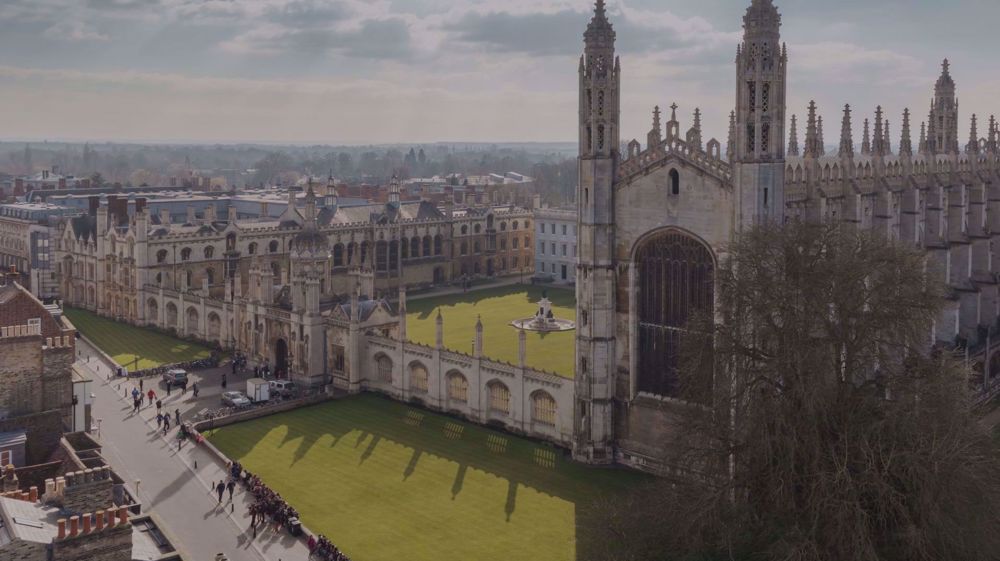
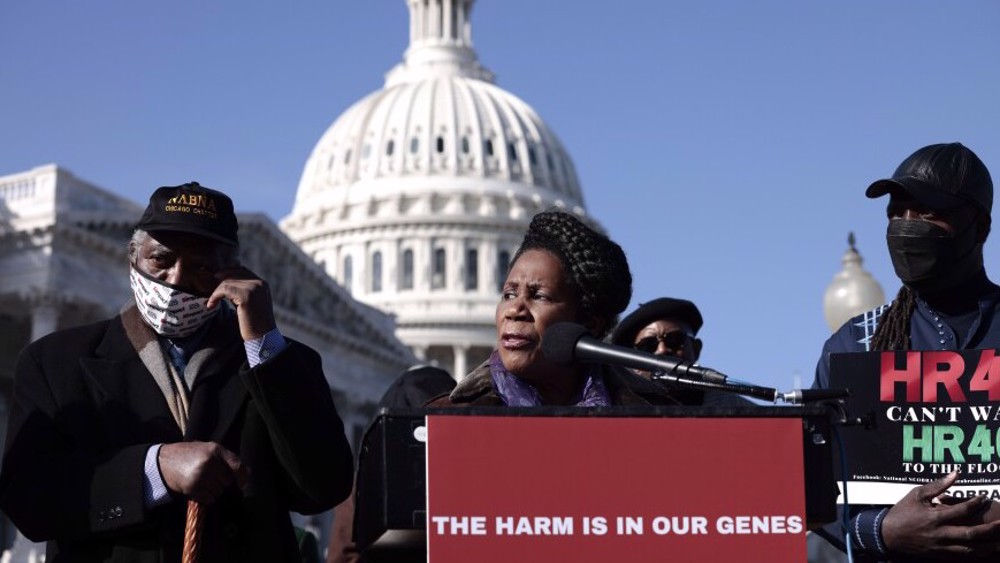
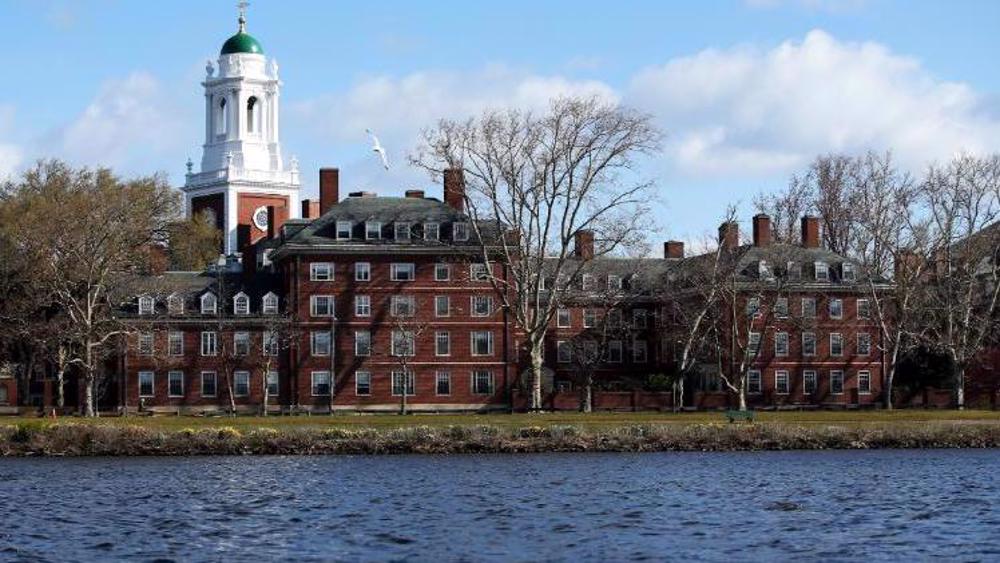
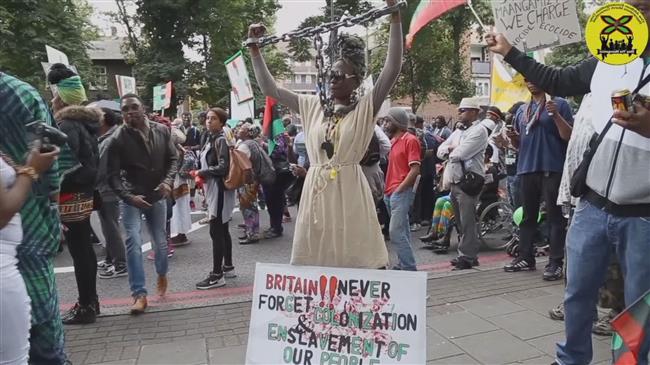
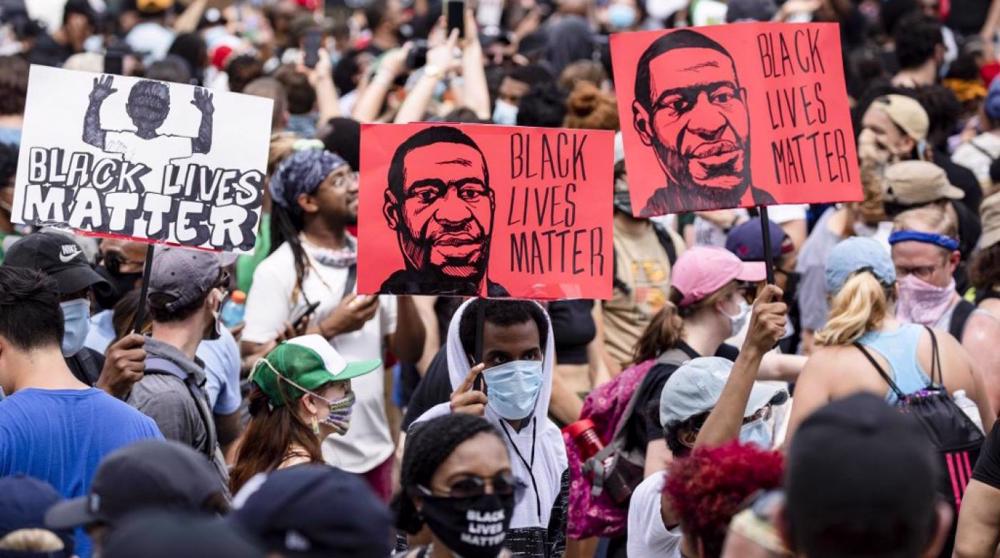

 This makes it easy to access the Press TV website
This makes it easy to access the Press TV website